Tips to Clear Certified Kubernetes Administrator (CKA) Exam
Certified Kubernetes Administrator (CKA) is high demand in Devops , Everything is moving to cloud and next generation of IT will work only in cloud. Here are some useful tips to clear your CKA certification.
Exam Pattern consist of total 24 Questions and there is no multiple choice and don’t try any manipulation while taking examination. CKA is complete hands-on to clear each question.

Following are the concepts that cover in examination,
- Pod Creation/Deployment Creation/Deamonset Creation
In this Section different type question will raise,
- Normal pod creation
- static pod creation
- Pod creation on specific node
- Pod Creation schedule
- Pod Creation is specified Namespace
- Deployment creation / Deployment Creation
- Deployment with specific requirements
- Daemonset creation/ Daemonset deletion
- Deployment with Replicaset
- Pod/Deployment/Daemonset Creation using Yaml.
- Pod LMA(Logs/Monitor/Analysis)
LMA section consist of regularly using one’s
- Pod Logs/ Description / Listing
- Load Average / Load Tuning on pods
- Monitor logs/ pods/ Deployment/ Cluster Health
- Analysis using logs, load, monitor
- Volumes (Creation/Assign/Deletion)
familiar questions will raise,
- Volumes creation/ Volumes Mounting
- Volumes Assign to pods / Assigned volumes deletion
- Volume groups / Mount path allocation.
- init(Container/Jobs creation)
Init holding similar questions of Redhat exam,
- Init container creation
- Init jobs creation
- Validating container health check
- Selectors, Labels, configMap
This section hold multiple questions will raise,
- Pod creation using selectors.
- Pod Launch in specific node using Labels.
- Creation of Configmap
- Deployment Labels creation
- Labels Identification in Pods/ Deployment
- Security (Secrets Creation)
Security concepts are creating Secrets for pods/Deployment
- Secrets Creation using username/password
- Pod creation using Secrets in specified namespace
- Deployment using Secrets
- Schedule (Taint Concept)
Scheduling in typically used in upgrades,
- Schedule the pod.
- Taint and Untaint the node.
- Performing typical upgrades/ Revert the upgrades
- DNS (Service DNS/Pods DNS)
DNS is basically aligned for service and pods,
- Listing the DNS for Pods
- Listing DNS for Service
- Reverse Zone DNS Listing
- DNS Cache policies
- DNS Service exposure
- Backup (Creation/Validation/Deletion)
Backup related snapshots for existing database,
- Cluster backup
- Config backup
- Creation of backup using ETCDCTL
- Backup Creation is specified path
- Restore backup snapshot
- Backup Validation
10.Rbac Policies (TLS)
Rbac policies concept is huge one,
- In exam point Rbac including multiple tasks
- Polices creation
- Self Signed certs for service
- pki Catalogs creation
11.Cluster Maintenance
Cluster Maintenance include updates also,
- Rolling updates/ Rollback updates
- Record the updates and store
- Cluster health stabilizing
12.Troubleshooting
Troubleshooting is the crucial one after Rbac, some of the example of troubleshooting
- Nodes are not in ready state
- Cluster is down
- kubectl commands not working.
- Cluster partially down
- Incorrect configuration
- kube config mismatch
- pods in init state/CrashLoop
- Services are down
- Ports already bind with other service
All the above need to do hands-on and every Question carry different weightage like 2%, 7% , 9% . Before attempt any question read the question very carefully. Which cluster you need to use for the question. Questions and pattern will change from candidate to candidate so should hold good knowledge of all the concepts of above one.
Candidate Guidelines:
- Total have 3 hours’ time and you can take the break in mid of the exam, before the break you need to inform them. Exam time include your break time.
- While exam eating/Drinking (even Water) is strictly not allowed.
- Smart watches/ mobiles phones/ Headphones/ Earphones are node allowed.
- You should not open multiple browsers, only 2 tabs 1. Exam Tab 2.kubernetes.io
- Yaml files you can copy from kuberneter.io to notepad (while exam window has notepad) and edit and run for any questions
- Candidate should not speak or sound while exam that impact more and chances of close the exam.
- If candidate does not follow while exam examiner has all rights to close the exam terminal.
- In case of exam is not clear on first time you will have one free take anytime of next 1 year.
Tags: CKA, cka, Certified Kubernetes Administrator (CKA), CKAD, CNCF, kubernetes, kubectl, cloud, Docker, pods, mytecharticle, CKA exam






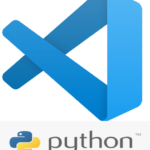
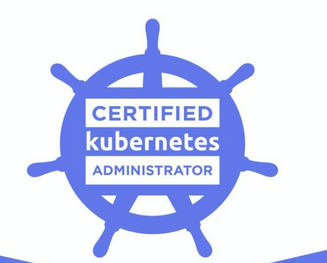
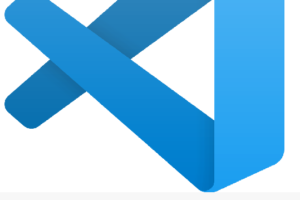
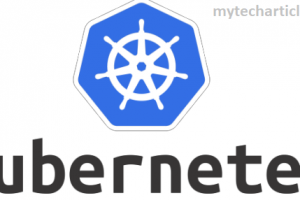
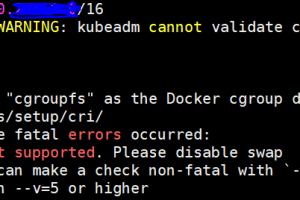
Add Comment